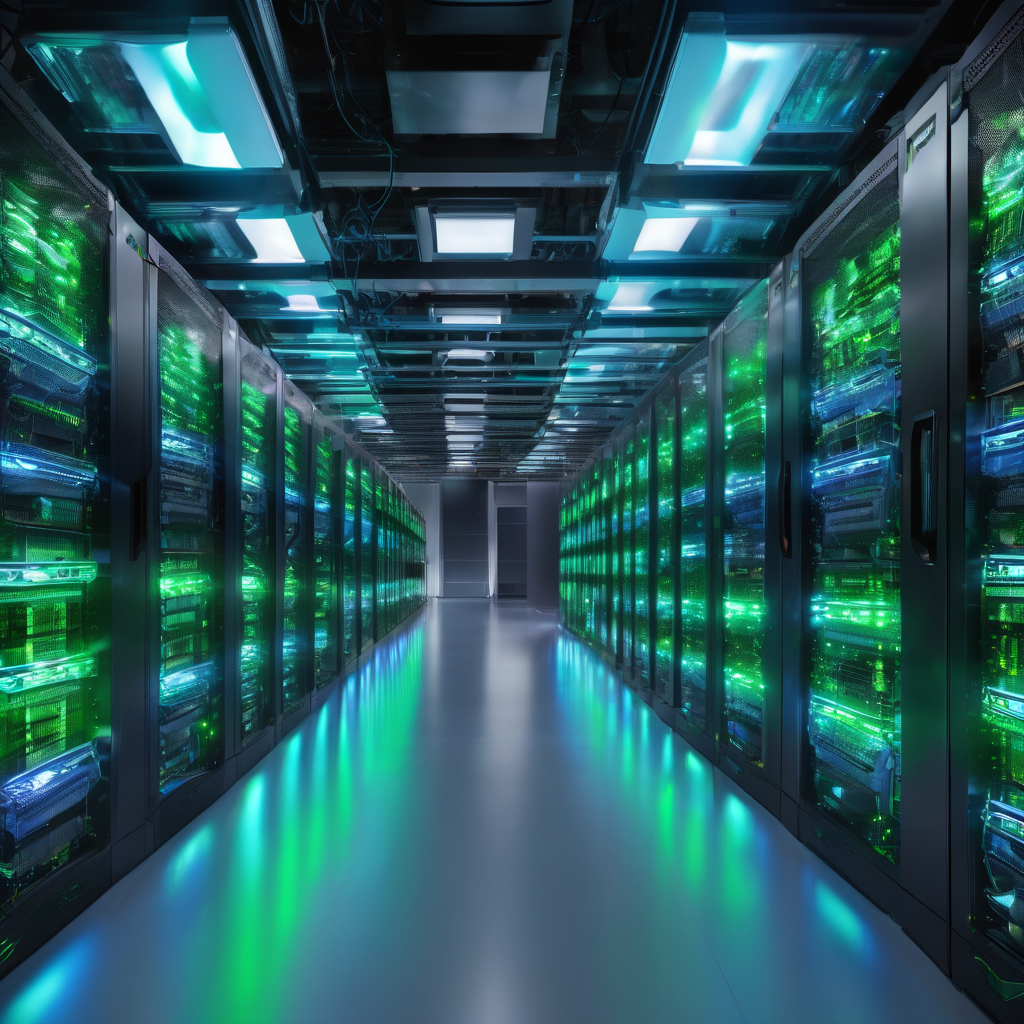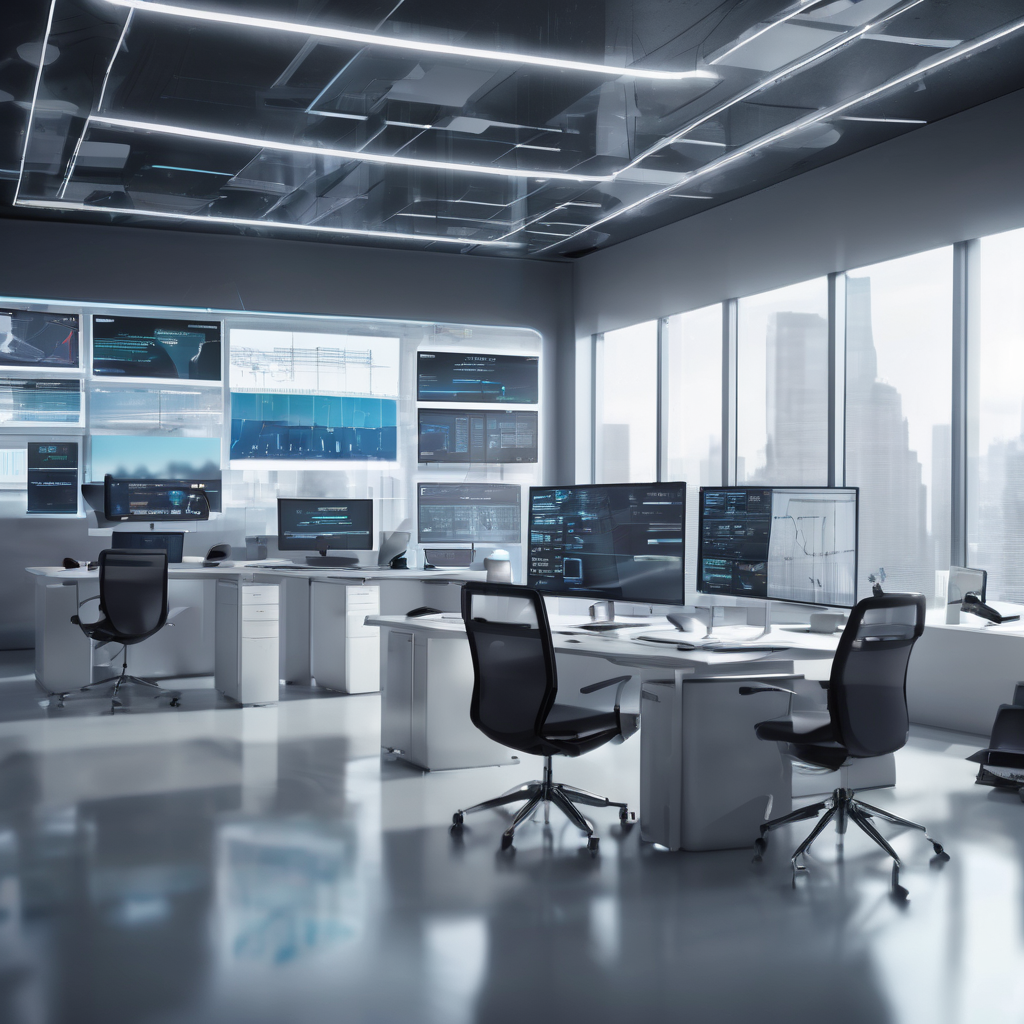
In today’s rapidly evolving corporate technology landscape, generative AI (GenAI) tools like ChatGPT and Gemini have become essential to daily operations rather than futuristic concepts. However, as businesses eagerly adopt these tools for efficiency and innovation, they face growing risks of data leaks and privacy breaches that could severely impact their reputation and finances. According to a recent article in The AI Journal, 71% of executives prioritize a balanced human-AI approach to reduce such threats, especially with compliance audits approaching for events like Black Friday Cyber Monday (BFCM). This analysis examines how integrating GenAI into workflows is quietly increasing vulnerabilities. From accidental data exposures to complex cyber threats, industry professionals must confront these challenges. Drawing on recent reports from Microsoft, Gartner, and others, we explore these risks’ mechanisms and ways to strengthen defenses. GenAI’s appeal lies in processing massive datasets and generating rapid insights, but this capacity is double-edged. When employees enter sensitive data into public GenAI platforms, that information can be stored, analyzed, or leaked without sufficient safeguards. **The Hidden Mechanics of Data Exposure** Research by Netskope Threat Labs (cited in SecurityBrief Asia) highlights a 30-fold surge in data transfers to GenAI apps within enterprises, elevating the chance of unintended leaks—where proprietary data might enter AI training sets or be accessed unlawfully. For example, Samsung’s 2023 incident involved employees unintentionally leaking confidential data via ChatGPT, resulting in a company-wide ban. Moreover, ChatGPT experienced a Redis bug that exposed user data, showcasing platform vulnerabilities. Gartner predicts that by 2027, over 40% of AI-related breaches will arise from cross-border GenAI misuse, complicating compliance with diverse laws such as GDPR and CCPA. **Privacy Pitfalls in Everyday Use** Besides inadvertent leaks, GenAI raises privacy concerns through opaque data practices. A lawsuit discussed by First Expose accuses Google’s Gemini of covertly accessing private Gmail, Chat, and Meet communications without consent, described as “surreptitious recording. ” Microsoft’s Security Blog identifies key threats like data poisoning and model inversion attacks, where attackers reconstruct sensitive training data from AI outputs. High-risk sectors face heightened dangers. WebProNews details how GenAI facilitates advanced phishing and malware via tools like PROMPTFLUX and PROMPTSTEAL, which evade detection, according to posts by Pratiti Nath and MediaNama. **Cyber Threats Amplified by AI** Hackers increasingly weaponize GenAI; Google reports Gemini’s misuse to create self-writing malware (covered in BetaNews). One in 44 GenAI prompts from enterprise networks risk data leakage, affecting 87% of organizations. Additionally, Reuters discusses legal and intellectual property risks from training GenAI on proprietary data, risking infringement or confidential information exposure, as analyzed by legal experts Ken D.
Kumayama and Pramode Chiruvolu of Skadden, Arps, Slate, Meagher & Flom LLP. Small businesses also face liabilities such as data breaches and legal accountability, underscoring the need for careful implementation (ABC17NEWS). **Strategies for Risk Mitigation** Experts recommend robust frameworks to counter these threats. Qualys advocates data anonymization and frequent compliance audits. CustomGPT. ai emphasizes guardrails and human oversight, aligning with the 71% of executives favoring a balanced human-AI approach. Debates on AI ethics and job impacts continue, with GT Protocol urging thorough risk assessments. **Regulatory and Ethical Horizons** Government responses vary. Australia is expanding GenAI use in agencies, raising data exposure risks and calls for improved security (Cyber News Live). The Center for Digital Democracy questions FTC’s role in addressing privacy concerns around tools like Gemini. BreachRx promotes proactive AI-focused incident response plans. **Industry Case Studies and Lessons** Real-world cases underline risks. NodeShift describes law firm fatigue leading to risky GenAI use on sensitive mergers, risking leaks. Vasya Skovoroda highlights the rapid increase in GenAI users, emphasizing the importance of prepared data management to prevent breaches. OWASP experts advocate behavioral analytics and predictive security for defense. **Future-Proofing Against AI Vulnerabilities** Looking ahead to 2025 and beyond, integrating GenAI requires a cultural shift. Executives should enhance AI literacy to curb careless data inputs. Collaborative efforts, like those outlined in Microsoft’s e-book, can standardize industry best practices. By proactively addressing these hidden threats, businesses can safely harness GenAI’s potential for sustainable innovation in an AI-driven world.
Navigating GenAI Risks: Data Privacy, Cybersecurity, and Compliance in Corporate AI Adoption


According to recent TrendForce research, the rising demand for artificial intelligence (AI) servers is significantly shaping the strategies of leading North American cloud service providers (CSPs).

Dive Brief: According to a report released Nov

Meta Platforms Inc.

OpenAI has officially announced the launch of GPT-5, the newest advancement in its series of cutting-edge AI language models.

Verizon has seen a remarkable sales increase of nearly 40% after implementing an AI assistant to support its customer service representatives.

This week, Google rolled out several updates enhancing AI integration and user experience across its platforms, reinforcing its control over the search journey.

Salesforce CEO Marc Benioff is actively working to rebuild investor confidence in the company’s artificial intelligence (AI) strategy following a significant drop in its stock value.
Launch your AI-powered team to automate Marketing, Sales & Growth

and get clients on autopilot — from social media and search engines. No ads needed
Begin getting your first leads today